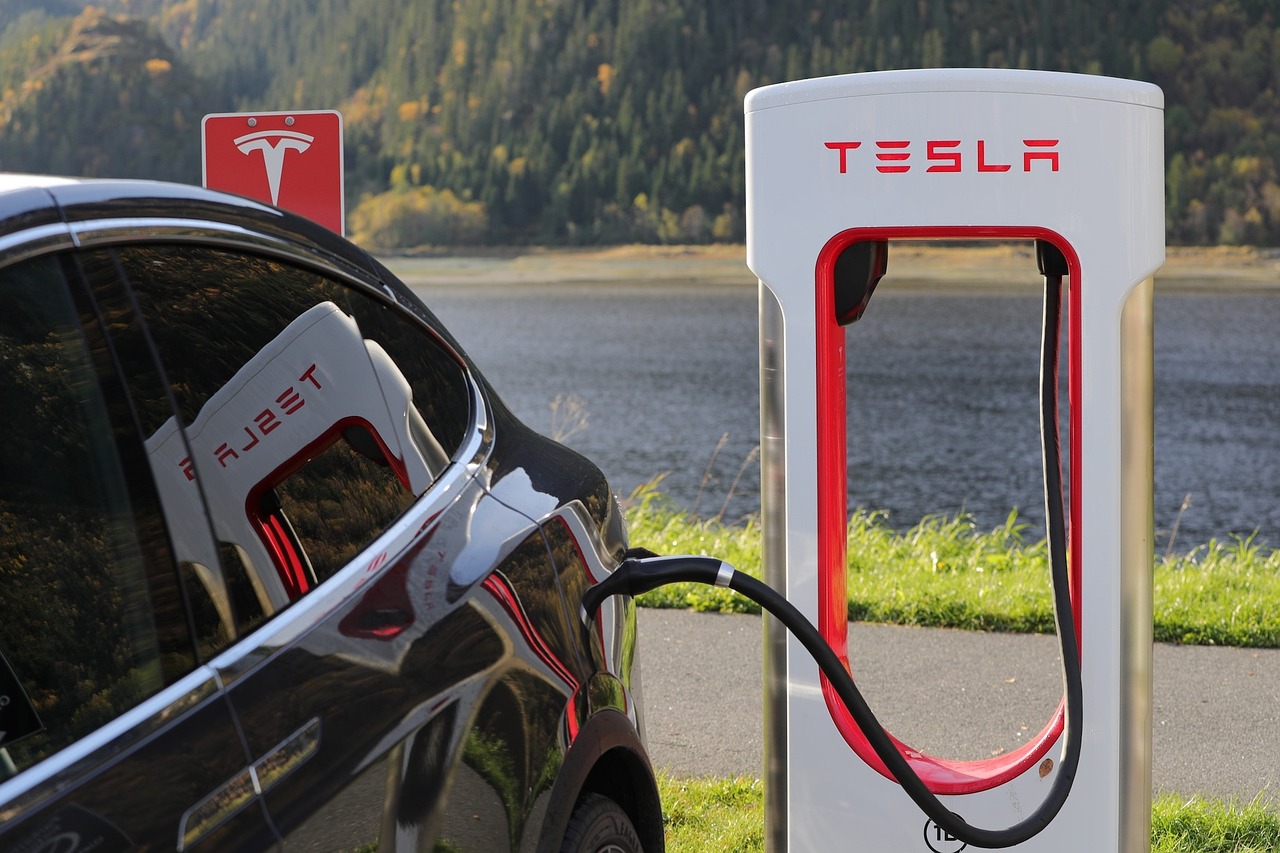How L&F’s $2.9bn Order Pushes Tesla Suppliers To Build Resilience
For years, the auto industry has been one of the most dynamic sectors in the world. With a variety of businesses competing for their share of the market, companies have had to innovate and find new ways to meet customer demands. This trend continues today, only now it is being driven by one of the industry’s biggest players: Tesla. Recently, Tesla placed an order worth $2.9 billion with L&F, its largest supplier yet. This order has forced suppliers around the world to not just increase production capacity but also build resilience into their operations. In this article, we’ll explore how Tesla’s landmark order is transforming the auto industry and what suppliers can do to ensure they stay ahead of the game.
L&F’s $2.9bn order for Tesla cars
In September 2018, the electric carmaker Tesla Inc. received a $2.9 billion order from the Chinese-owned carmaker Lucid Motors. The order was for 500,000 electric cars, to be delivered over a three-year period starting in 2020. The deal is Tesla’s largest ever, and is a vote of confidence in the company’s ability to mass-produce its vehicles.
The order will put pressure on Tesla’s suppliers to ramp up production to meet the increased demand. Some suppliers are already struggling to keep up with Tesla’s existing production levels, and the added demand from Lucid Motors will only exacerbate the situation.
Tesla has said that it is working closely with its suppliers to ensure that they can meet the increased demand. However, some suppliers are skeptical about Tesla’s ability to follow through on its promises, given the company’s history of missed deadlines and production delays.
The Lucid Motors deal is a major coup for Tesla, and will help solidify the company’s position as the leading manufacturer of electric cars. However, it remains to be seen whether Tesla’s suppliers will be able to meet the increased demand without compromising quality or suffering further delays.
The ripple effect on Tesla suppliers
The Tesla L&F deal is having a ripple effect on suppliers. Some are scrambling to find new sources of production, while others are being forced to build up resilience in their own operations.
The L&F deal is a major coup for Tesla. The electric carmaker will receive $1 billion in funding from the Chinese government-backed investment fund, which will be used to expand its Gig factory in Shanghai. The move will double Tesla’s capacity in China, making it the country’s largest automaker by 2020.
But the deal is also putting pressure on Tesla’s suppliers. Many of them are based in China and rely on the country for a large portion of their revenue. With Tesla’s expansion, they will need to find new sources of production or build up resilience in their own operations.
Some suppliers are already feeling the pinch. A number of companies that make parts for electric vehicles have seen their stock prices drop since news of the L&F deal was announced. And with Tesla’s plans to ramp up production, those suppliers will need to find ways to meet demand without overloading their own operations.
In order to meet Tesla’s needs, some suppliers may need to look for new partners or invest in new technologies. Others may need to increase their production capacity or redesign their products specifically for electric vehicles. Either way, the L&F deal is sure to have a ripple effect on Tesla’s suppliers as they scramble to keep up with the company’s growth
Building resilience in the supply chain
The electric carmaker has placed a large order with LG Chem and CATL, two of its battery suppliers, to help meet its goal of producing 500,000 vehicles by 2018. The move has put pressure on the suppliers to ramp up production and build resilience into their supply chains.
LG Chem and CATL are investing in new facilities and expanding their capacities to meet Tesla’s demands. They are also working to improve the efficiency of their operations and build up their inventory levels to better handle unexpected disruptions.
While the pressure on suppliers is intense, it is also an opportunity for them to differentiate themselves from their competitors. Those that can successfully meet Tesla’s demands will be well-positioned to win more business from other automakers in the future.
Conclusion
Overall, the $2.9 billion order from L&F shows just how important Tesla suppliers are to the company’s success and profitability. With this massive order, these suppliers must be prepared to build resilience in their operations so that they can meet overly ambitious deadlines set by Tesla. Doing so will ensure that Tesla remains a profitable and successful entity for years to come, as it works towards its lofty goals of transitioning society away from fossil fuels and towards renewable energy sources.











